The MIT Energy Initiative will hold the Future Energy Systems Center Spring Workshop on May 16-17, 2023. The workshop is designed to give Center Members the opportunity to hear about the Center’s accomplishments and impacts and to learn about the six newly-selected Center projects. The workshop program also includes panel discussions with MIT researchers and guest speakers on pressing issues such as carbon accounting for green hydrogen, electricity retail rates, ammonia as an energy carrier, scaling battery materials, and new nuclear opportunities and challenges. In-person attendees will also have the opportunity to engage with the research teams during informal breakout sessions and a poster session illustrating the progress of current Center projects.
The Center Advisory Committee meeting during the workshop is the opportunity for Member companies to express their interests and priorities as we enter the next cycle of project selection.
Attendance at the Spring Workshop is restricted to Members of the Future Energy Systems Center and invited members of the MIT Community.
Preliminary Agenda
| Tuesday, May 16 | |
| 8:00-8:45 am ET | Breakfast and registration (In person only) |
| 8:45-9:00 am ET | Welcome Randall Field, Executive Director, Future Energy Systems Center, MIT Energy Initiative Robert Stoner, Deputy Director for Science and Technology, MIT Energy Initiative |
| 9:00-10:00 am ET |
Future Energy Systems Center accomplishments Moderator: Robert Stoner, Deputy Director for Science and Technology, MIT Energy Initiative Speakers include: |
| 10:00-10:30 am ET | Break |
| 10:30-11:30 am ET |
New Future Energy Systems Center project kickoffs Moderator: Randall Field, Executive Director, Future Energy Systems Center, MIT Energy Initiative Project presentations: |
| 11:30 am-12:15 pm ET | Breakout sessions with project teams (In person only) |
| 12:15-1:15 pm ET | Lunch (In person only) |
| 1:15-2:45 pm ET |
Carbon accounting for green hydrogen
Moderator: Dharik Mallapragada, Principal Research Scientist, MIT Energy Initiative Speakers include: |
| 2:45-3:15 pm ET | Break |
| 3:15-4:45 pm ET |
Electricity retail rates to facilitate electrification Moderator: Tim Schittekatte, Research Scientist, MIT Energy Initiative Speakers include: Concluding remarks: Paul Joskow, Elizabeth and James Killian Professor of Economics, MIT |
| 4:45-5:15 pm ET |
Ongoing projects highlights Moderator: Randall Field, Executive Director, Future Energy Systems Center, MIT Energy Initiative Speakers include: |
| 5:15-6:15 pm ET |
Reception and poster session (In person only) Speakers include: |
| 6:15-8:15 pm ET | Dinner (In person only) |
| Wednesday, May 17 | |
| 8:00-9:00 am ET | Breakfast and registration (In person only) |
| 9:00-10:40 am ET | Future Energy Systems Center Advisory Committee meeting |
| 10:40-11:00 am ET | Break |
| 11:00 am-12:30 pm ET |
Is ammonia a viable energy carrier? Moderator: Robert Stoner, Deputy Director for Science and Technology, MIT Energy Initiative Speakers include: |
| 12:30-1:30 pm ET | Lunch (In person only) |
| 1:30-3:00 pm ET |
Scaling battery materials
Moderator: Fikile Brushett, Associate Professor, MIT Department of Chemical Engineering Speakers include: |
| 3:00-3:30 pm ET | Break |
| 3:30-5:00 pm ET |
The new nuclear: Challenges and opportunities
Moderator: John Parsons, Deputy Director for Research, MIT Center for Energy and Environmental Policy Research Speakers include: |
| 5:00 pm ET | Closing remarks and meeting end Robert Stoner, Deputy Director for Science and Technology, MIT Energy Initiative |
About the speakers
Emilio Baglietto
Associate Professor, MIT Department of Nuclear Science and Engineering
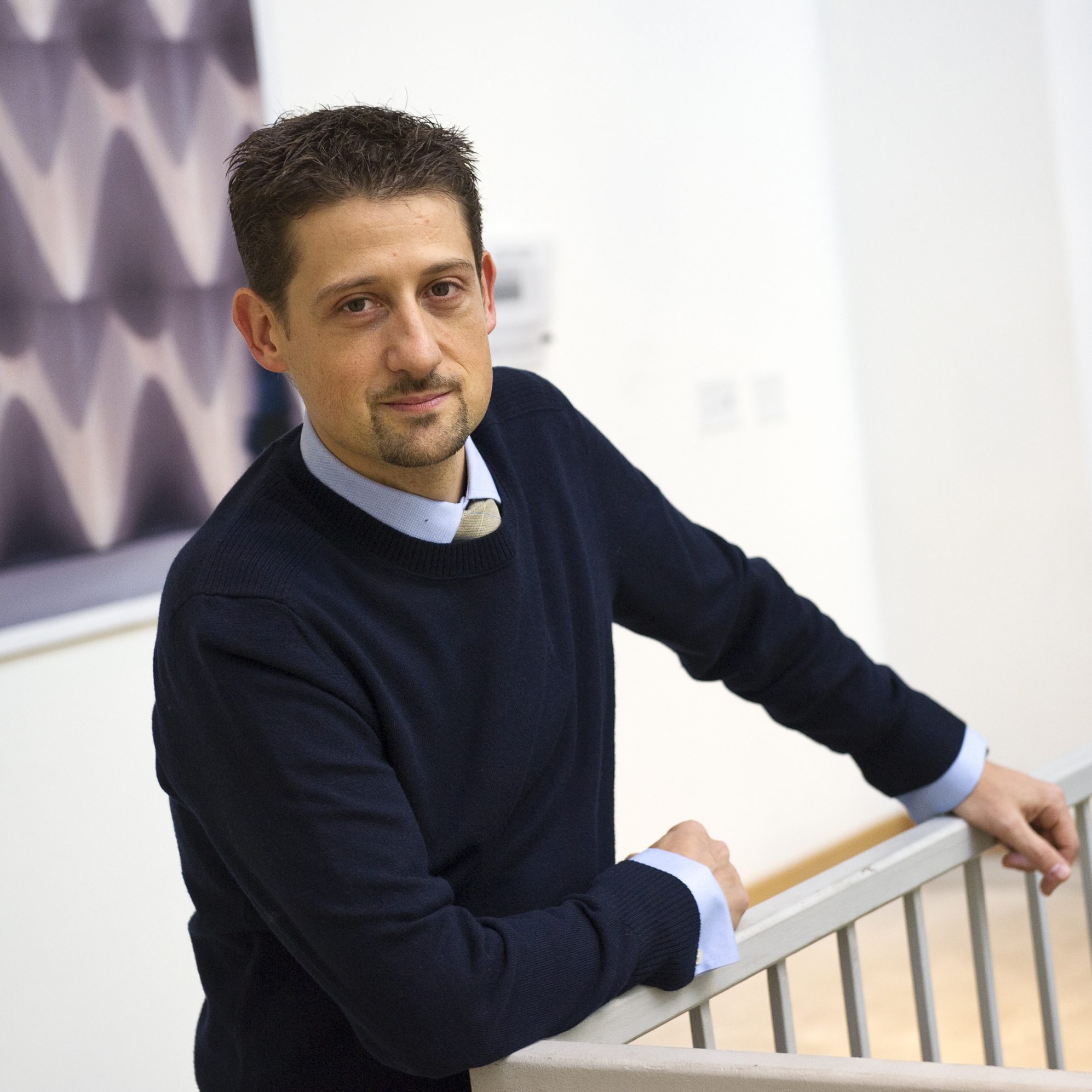
Emilio Baglietto is a PhD graduate of the Tokyo Institute of Technology and currently associate professor of Nuclear Science and Engineering at the Massachusetts Institute of Technology. His research goals include improving the effectiveness and expanding the reach of 3-D, first-principles computational tools for nuclear reactor design. Baglietto’s research efforts have been instrumental in moving the nuclear industry, both within the U.S. and overseas, from lumped-parameter and correlation-based engineering analysis, to high fidelity simulations in the form of computational fluid dynamics (CFD), with direct impact on the safety and economics of nuclear power stations. He has previously served in the role of Thermal Hydraulic Focus Area Lead for the Consortium for Advanced Simulation of Light-Water Reactors (CASL),the largest simulation-based U.S. Department of Energy program in the nuclear energy field.
Gretchen Baier
R&D Executive External Strategy Leader, The Dow Chemical Company
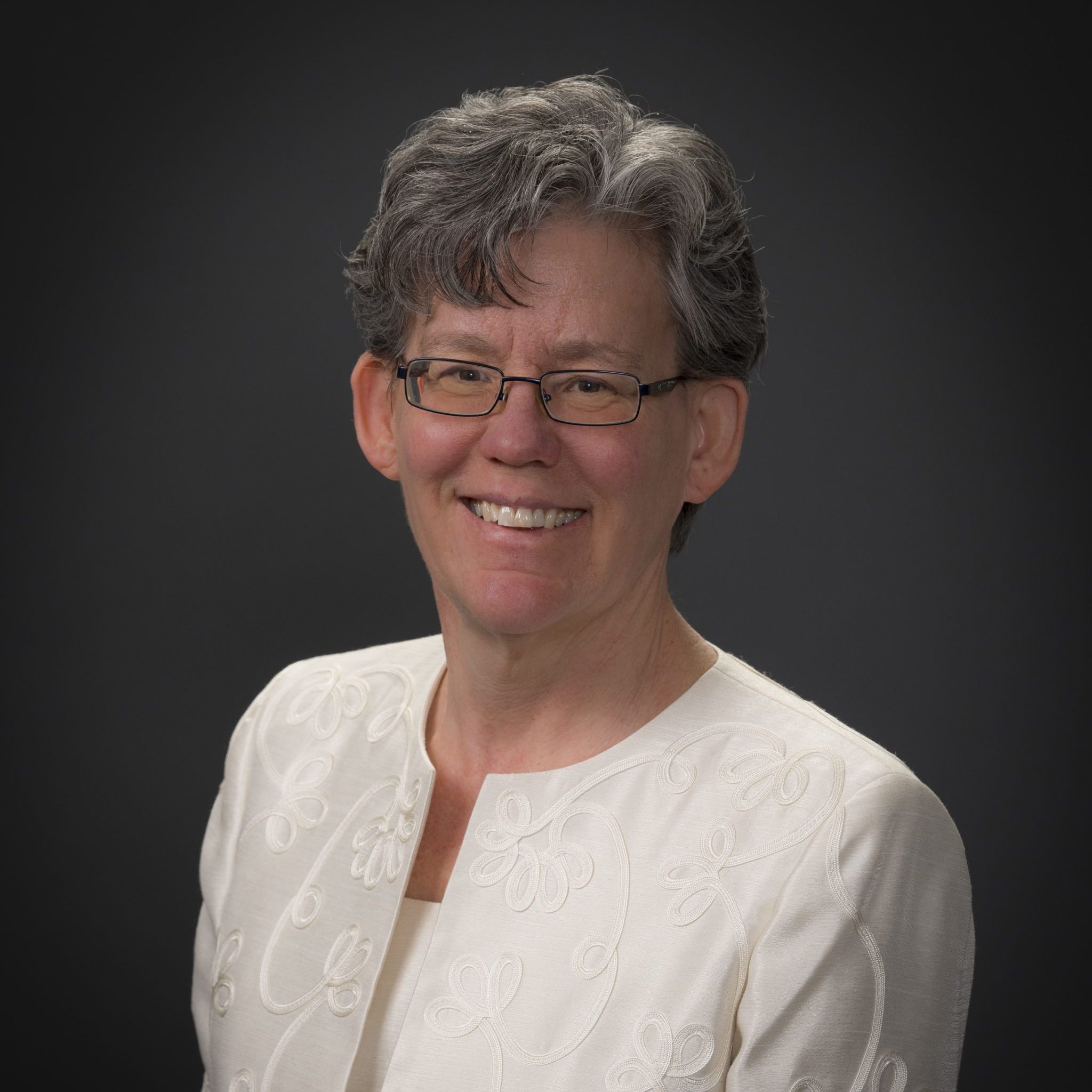
Gretchen Baier is currently R&D executive external strategy leader at Dow, where she is responsible for monitoring for disruptive technologies, being the R&D liaison to Dow’s sustainability goals, and applying for external awards that recognize Dow products or researchers. She is also secretary for Dow’s Science and Technology Advisory Council. Previously, she was associate R&D director of External Technology, leading a group responsible for creating strategic external research collaborations. Earlier she was a technical leader in Ventures and New Business Development and a chemical engineer in the Process Optimization group and the Process Separations Skill Center. Her technical expertise is in process engineering, fluid dynamics, and chemical separations.
Prior to joining Dow, Baier was a process engineer at Dow Corning Corporation and later at Shell Oil Company. She was also co-founder of an artisan cheese company. Baier has a BS in chemical engineering from MIT and a PhD from the University of Wisconsin at Madison.
Audun Botterud
Principal Research Scientist, MIT Laboratory for Information and Decision Systems
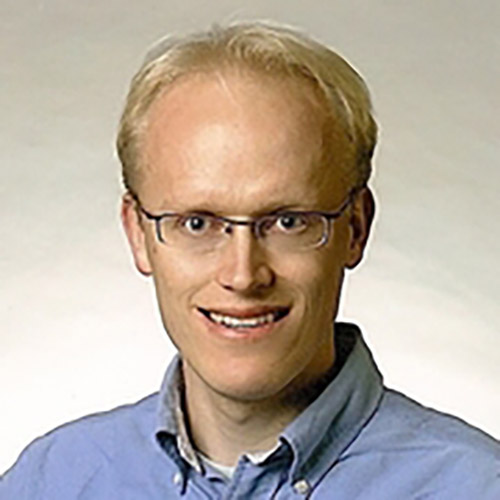
Audun Botterud is a principal research scientist in Laboratory for Information and Decision Systems (LIDS) at MIT, where he leads the Energy Analytics Group. He has a co-appointment at Argonne National Laboratory. His research interests include power systems, electricity markets, renewable energy, and energy storage. Botterud holds a MSc (industrial engineering) and a PhD (electrical power engineering), both from the Norwegian University of Science and Technology. He was previously with SINTEF Energy Research in Trondheim, Norway.
Tom Brown
Professor for Digital Transformation in Energy Systems, Technical University of Berlin

Tom Brown is professor for “Digital Transformation in Energy Systems” at the Technical University of Berlin. His group researches future pathways for the energy system, with a particular focus on revealing the trade-offs between energy resources, network expansion, flexibility, and public acceptance of new infrastructure. His recent research has emphasized the need for an integrated approach to planning for electricity, heat, hydrogen, and derived products as we head to a net-zero economy. Brown is a strong supporter of openness and transparency in research data and software, with the goal to enable a vigorous public debate on the trade-offs necessary to reach climate neutrality. He is one of the lead developers of the widely-used open-source toolbox Python for Power System Analysis (PyPSA). Before joining TU Berlin in 2021, he led a Helmholtz Young Investigator Group at the Karlsruhe Institute of Technology. He did his BA and MMath at Cambridge University and his PhD at Queen Mary, University of London.
Fikile Brushett
Associate Professor, MIT Department of Chemical Engineering
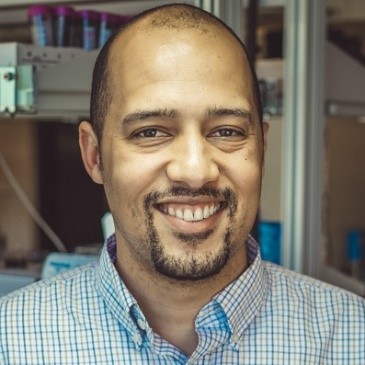
Fikile Brushett is an associate professor in the Department of Chemical Engineering at MIT. He received his BSE in chemical & biomolecular engineering from the University of Pennsylvania and his PhD in chemical engineering from the University of Illinois at Urbana-Champaign. Prior to joining MIT, he was a director’s postdoctoral fellow in the Electrochemical Energy Storage Group at Argonne National Laboratory. At MIT, his research group seeks to advance the science and engineering of electrochemical systems with particular emphasis on the fundamental processes that define the performance, cost, and lifetime of present day and future technologies. His group focuses on problems related to energy storage, chemical manufacturing, resource management, and environmental stewardship.
Junzheng Chen
Director, Advanced R&D, 24M Technologies

Junzheng Chen is an outstanding materials scientist with a focus on electrochemical energy storage and conversion for both transportation and stationary applications. He holds more than 50 patents/applications and research papers in lithium-ion and next-generation energy storage systems. He serves as a principal investigator in multiple government contracts as well as a subject matter expert for internal and external technical development programs.
Rick Clark
Vice President of Strategy and Product Solutions, NextEra Energy Resources

Rick Clark is the vice president of strategy and product solutions for NextEra Energy Resources. Clark is responsible for identifying innovative technologies and business opportunities related to the electrification and decarbonization of the U.S. economy. Since taking on his current role in 2020, Clark’s team signed 20 GW of preferred renewable electricity supply agreements to serve emerging sectors and invested almost $150 million in various clean-technology start-up companies. Clark serves as an observer to the Boards of Directors of two of these firms, Monolith Materials and Infinium.
Clark joined NextEra Energy in 2015 in engineering and construction, supporting projects for both NextEra Energy Resources and Florida Power & Light. Clark was responsible for the engineering design and commissioning of all new large-scale wind, solar, storage, transmission, and gas generation facilities, completing 24 GW’s of projects. He also provided early leadership in identifying hydrogen as an important element of an affordable Real Zero carbon emissions plan, and as a potential new line of business for NextEra Energy Resources.
Before joining NextEra Energy, Clark worked for 11 years at Lockheed Martin in Riviera Beach, Florida, where he developed technology for extracting renewable electricity from ocean tidal flows and waves. He completed undergraduate and Master’s degrees in mechanical and aerospace engineering from Princeton University with a focus on fluid dynamics.
Rachel Fakhry
Director of Emerging Technologies, NRDC

Rachel Fakhry leads and sets the strategic direction for NRDC’s advocacy around emerging technologies, including efforts to bolster federal investments in clean energy research, development, demonstration, and deployment (RDD&D), ensuring the responsible and climate-aligned deployment of renewable hydrogen, as well as developing and helping coordinate NRDC’s position and engagement on other emerging technologies that may be necessary to achieve net-zero emissions by mid-century. Fakhry also has expertise in energy and deep decarbonization modeling owing to her years as a senior analyst at NRDC. She holds a Bachelor’s degree in civil and environmental engineering from the American University of Beirut and a Master’s degree in management science and engineering from Stanford University. Fakhry is based in NRDC’s Washington, D.C., office.
Randall Field
Executive Director, Future Energy Systems Center
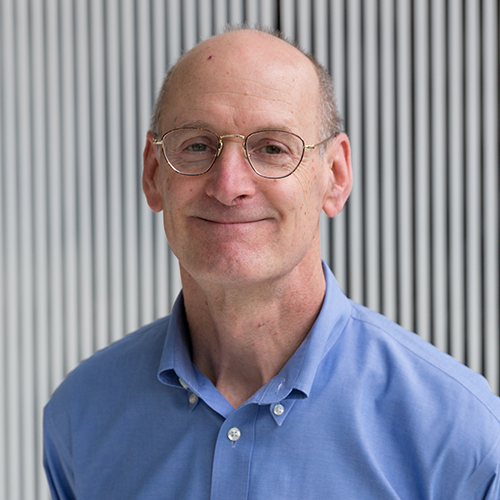
Randall Field is executive director of the MITEI’s Future Energy Systems Center which examines the accelerating energy transition as emerging technologies, policies, demographics, and economics reshaping the landscape of energy supply and demand. He is also executive director of MIT’s Fusion Study examining the global multidecadal dynamics of the energy transition and how fusion energy can contribute to decarbonizing global energy systems. He was previously executive director for MITEI’s Mobility Systems Center, assessing the impact of transformations in vehicle and fuel technologies, service and business models, and consumer behavior in the movement of both passengers and goods. He was also executive director for MIT’s Mobility of the Future study which produced the Insights in the Future Mobility report covering global projections of alternative fuel vehicle fleets and energy consumption, deployment of charging and fueling infrastructure, attitudes towards mobility, and the impacts of innovative technologies and business models on urban mobility. As executive director for the Conversion Research Program at MIT for 10 years, Field worked with a multidisciplinary team of researchers to explore various conversion technologies for production of alternative fuels. Prior to MIT, Field worked for Aspen Technology for 23 years. Field received a SM in chemical engineering practice from MIT and a BS in chemical engineering from Caltech.
Linda Gaines
Transportation Systems Analyst, Argonne National Laboratory
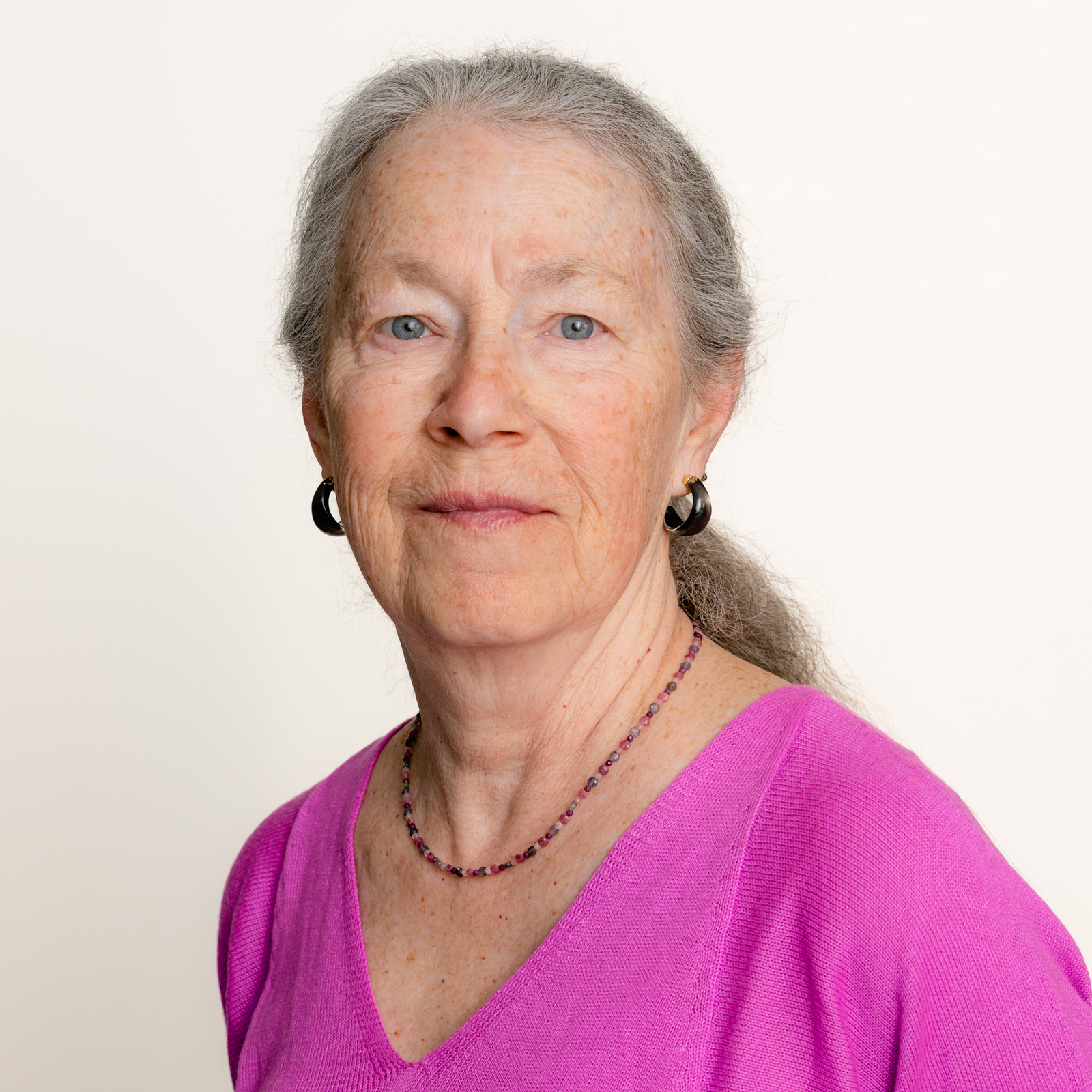
Linda Gaines is a transportation systems analyst in the Energy Systems and Infrastructure Analysis Division at Argonne National Laboratory. She holds a BA in chemistry and physics from Harvard, and a PhD in physics from Columbia. Her primary interest is problem solving, applied to efficient use of resources. She began her career at Argonne by writing a series of handbooks of energy and material flows in energy-intensive industries that provided background for studies of technical and institutional issues involved in producing and recycling advanced-design automobiles, trucks, trains, and batteries. Her most recent work has involved studying ways to reduce impacts from transport by recycling of lithium-ion batteries. She is an editor of the journal Sustainable Materials and Technologies and on the Editorial Board of Scientific Reports (a Nature journal).
Emre Gençer
Principal Research Scientist, MIT Energy Initiative

Emre Gençer is a principal research scientist at the MIT Energy Initiative. The central theme of his research is to identify optimal utilization of resources for the evolving energy system facing the dual challenge of increasing demand while profoundly reducing its environmental footprint. His research focuses on integration of emerging and conventional energy technologies, their policy implications, multiscale modeling, and optimization. He is the principal investigator of various ongoing projects at MIT including Understanding Carbon Mitigation Technologies, Analysis of Options towards Fully Decarbonized EU by 2050, and Exploring Power and Transport Sector Decarbonization Pathways via Direct and Indirect use of Electricity. He is the lead developer and chief architect of a novel software platform called Sustainable Energy Systems Analysis Modeling Environment (SESAME), which provides comprehensive cost and sustainability assessment for the converging electric power, transportation, and industrial sectors to decision makers and technology analysts with high technological, temporal, and geospatial resolution. He was lead on the chemical storage chapter of The Future of Energy Storage report and co-lead on the thermal storage chapter.
Atte Harjanne
Member, Parliament of Finland

Atte Harjanne is a Member of parliament and head of Green parliamentary group in Finland. He has an MSc (tech.) from Aalto University. Harjanne was originally elected to the parliament of Finland in 2019. Earlier he has worked at the Finnish Meteorological Institute studying socio-economic impacts of climate change, energy policy and use of climate information. Harjanne has also worked as an enterprise risk consultant and holds a rank of captain (in reserve) in the Finnish Defence Forces. Among the parliament Harjanne has been member of the City Council of Helsinki since 2017 and, in May 2023, he was appointed as the chair of the executive board of Helen, the city-owned energy utility that provides district heating and cooling for Helsinki and electricity to over 600,000 households in Finland.
William W. Hogan
Raymond Plank Research Professor of Global Energy Policy, John F. Kennedy School of Government; Research Director, Harvard Electricity Policy Group, Harvard University
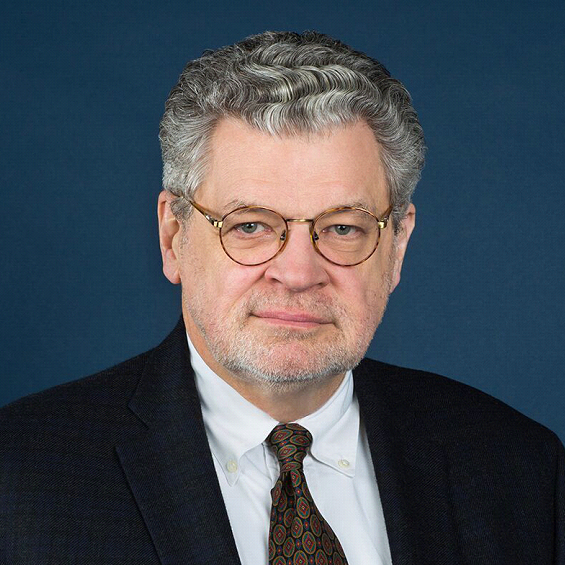
William W. Hogan is the Raymond Plank Research Professor of Global Energy Policy at the John F. Kennedy School of Government, Harvard University. He is research director of the Harvard Electricity Policy Group (HEPG), which examines alternative strategies for a more competitive electricity market. Hogan has been a member of the faculty of Stanford University where he founded the Energy Modeling Forum (EMF), and he is a past president of the International Association for Energy Economics (IAEE). Current research focuses on major energy industry restructuring, network pricing and access issues, market design, and energy policy in nations worldwide. Hogan received his undergraduate degree from the U.S. Air Force Academy and his MBA and PhD from UCLA. Selected papers are available on his web site, www.whogan.com.
Young Suk Jo
CTO, Amogy

Young Suk Jo is the founding CTO of Amogy, leading development of ammonia-based energy storage solution for decarbonization of heavy duty transportation and stationary power generation. The company has successfully demonstrated an ammonia-based emission-free energy conversion system with unmatched energy density and high efficiency. The successful technology development has enabled the world-first demonstration of ammonia-powered zero-emission mobilities, including drone, tractor and semi-truck.
Suk Jo previously worked as a research scientist at KIST and Shell, focusing on compact thermo-chemical energy conversion solutions. His previous work covers various hydrogen storage materials, such as ammonia, methanol, formic acid, and LOHC, and development of a compact energy conversion solutions based on them. Suk Jo received his mechanical engineering PhD at MIT in 2016, with the focus on energy conversion devices.
Sydney Johnson
PhD Candidate,MIT Chemical Engineering Practice Program; Graduate Research Assistant, MIT Energy Initiative

Sydney Johnson is a third-year PhD candidate at MIT in the Chemical Engineering Practice Program. She is currently a graduate research assistant in the MIT Energy Initiative (MITEI), where she develops and analyzes models of decarbonization strategies for industrial processes via the MITEI Sustainable Energy System Analysis Modelling Environment (SESAME). These models estimate process emissions and costs for commercial and emerging technology in hard to abate sectors, such as iron and steel. In addition to research, Johnson is involved in the MIT Chemical Engineering Graduate Student Advisory Board, the MIT Energy & Climate Club, and diversity and inclusion initiatives.
Paul Joskow
Elizabeth and James Killian Professor of Economics, MIT
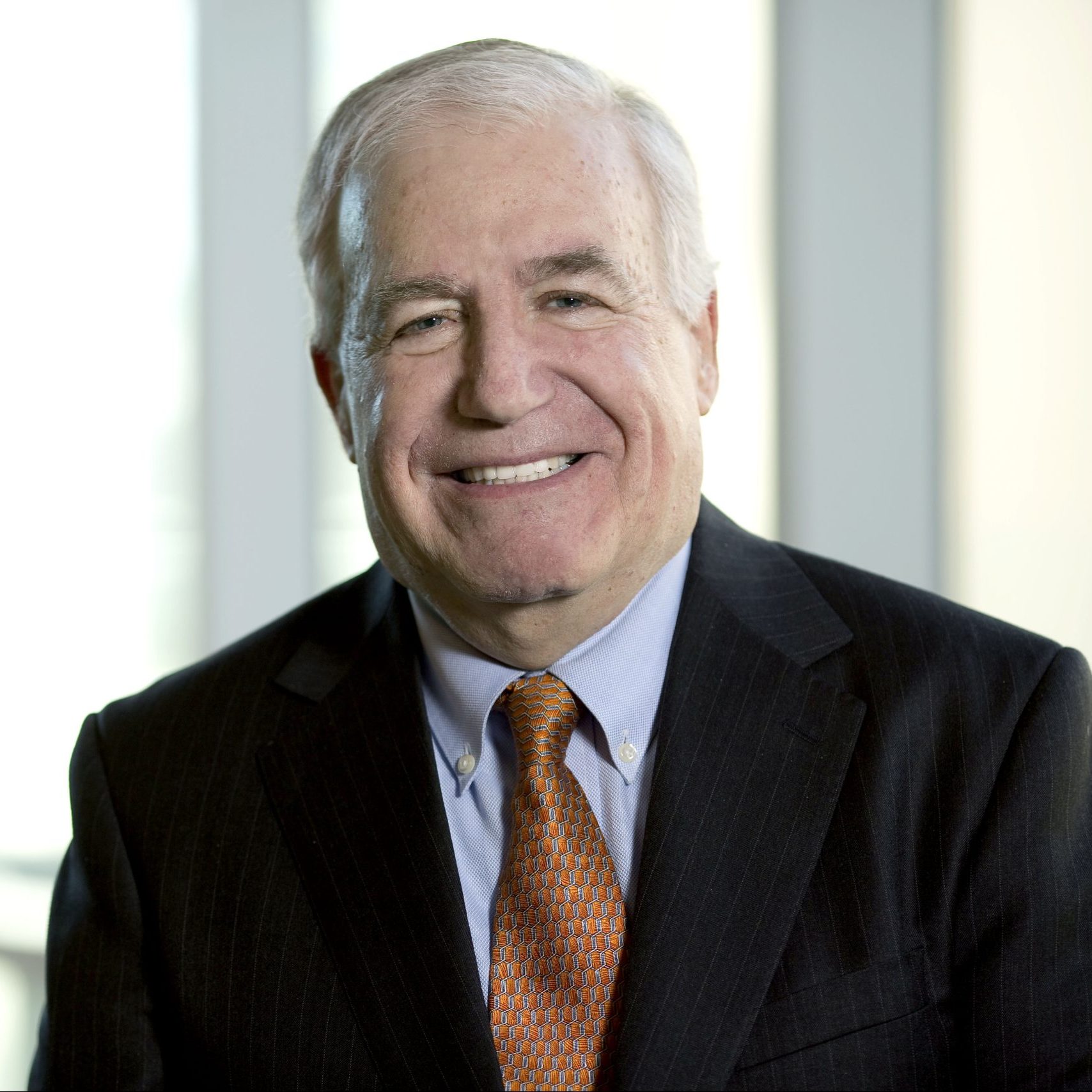
Paul Joskow is the Elizabeth and James Killian Professor of Economics at the Massachusetts Institute of Technology (MIT) and president emeritus of the Alfred P. Sloan Foundation. Joskow has been on the MIT faculty since 1972, where he was the head of the MIT Department of Economics from 1994 to 1998 and director of the MIT Center for Energy and Environmental Policy Research from 1999 to 2007. Joskow became president of the Sloan Foundation in 2008 and returned to MIT in 2018. At MIT his teaching and research areas include industrial organization, energy and environmental economics, competition policy, and government regulation of industry. He is a past-president of the International Society for New Institutional Economics, a distinguished fellow of the Industrial Organization Society, a distinguished fellow of the American Economic Association, a fellow of the Econometric Society, a fellow of the American Academy of Arts and Sciences, a fellow of the Econometric Society, and a member of the Council on Foreign Relations. He has served on the boards of the New England Electric System, National Grid PLC, TC Energy, State Farm Indemnity, Exelon Corporation (current), Putnam Mutual Funds, and the Whitehead Institute for Biomedical Research (current).
Travis Kavulla
Vice President for Regulatory Affairs, NRG

Travis Kavulla is vice president for regulatory affairs at NRG, guiding the company’s regulatory policy related to wholesale and retail electricity, gas, and environmental-attribute markets at both the federal and state level. Kavulla joined NRG from the R Street Institute, where he led the think tank’s energy program. Previously, he served eight years as commissioner at the Montana Public Service Commission, including as chairman, and was president of the National Association of Regulatory Utility Commissioners. In addition to his service as a state regulator, he sat on the advisory council of the Electric Power Research Institute and led the steering committee responsible for electric transmission planning for the northern Rocky Mountain region of the Western United States. He also helped found and served as an independent member of the governing body of one of North America’s largest electricity markets, the Western Energy Imbalance Market. Kavulla received his Bachelor’s degree in history from Harvard University and a Master’s, also in history, at the University of Cambridge, where he was a Gates Scholar. Kavulla lives in Maryland with his wife and three children.
Jing Li
William Barton Rogers Career Development Professor of Energy Economics, MIT Sloan School of Management

Jing Li holds the William Barton Rogers Career Development Chair of Energy Economics at the MIT Sloan School of Management. From 2017-2018, Li was a postdoctoral associate of the MIT Energy Initiative. Li’s research interests lie in energy economics and industrial organization, focusing on development and adoption of new technologies. In recent work, Li has studied standardization and location choices in the U.S. electric vehicle charging industry, automaker diesel vehicle emissions control technology, and cost pass-through in E85 retail markets. Li received double BSc degrees in mathematics and economics from MIT in 2011 and her PhD in economics from Harvard in 2017.
Michael Machala
Senior Energy Systems Analyst, Toyota Research Institute
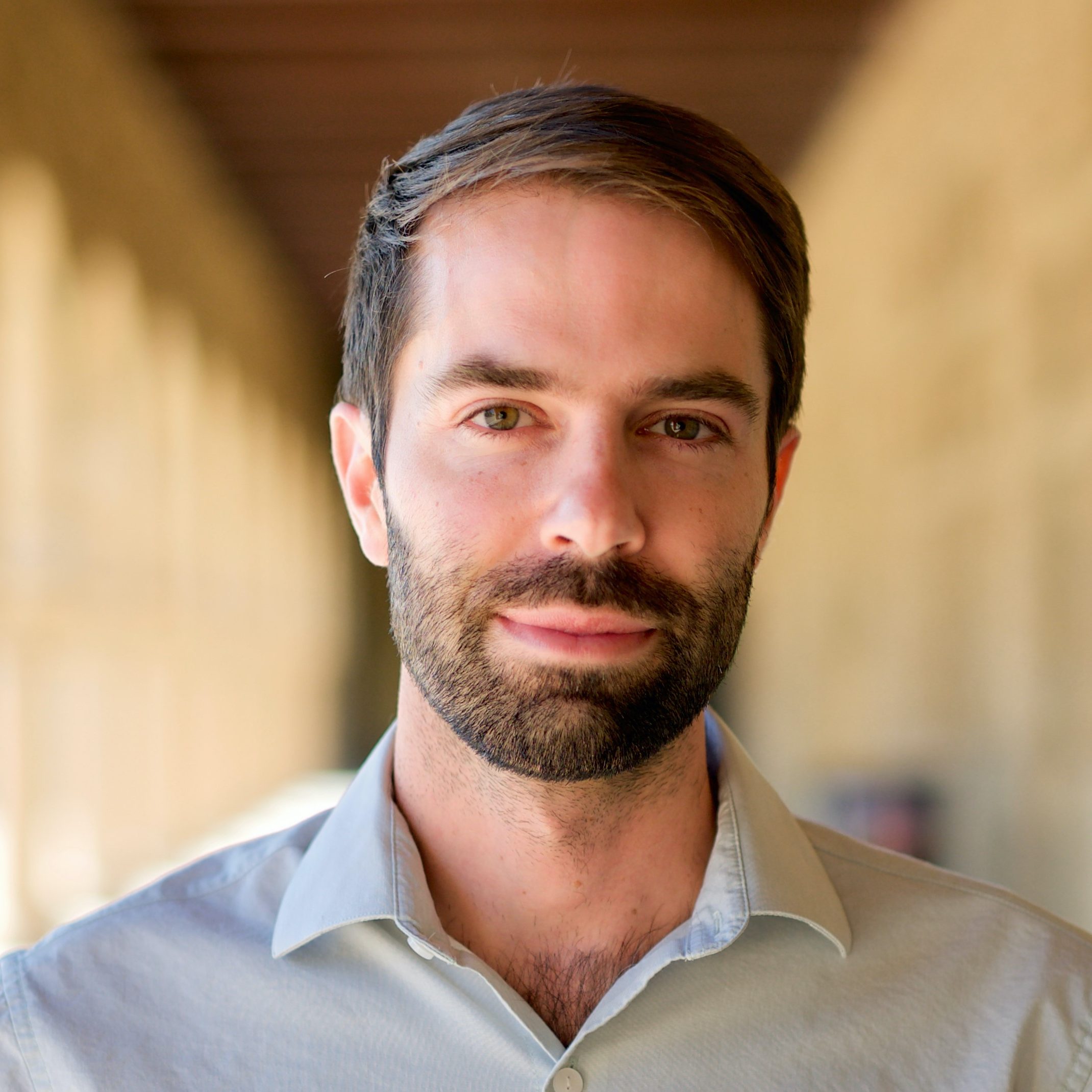
Michael Machala has worked in energy and sustainability for over 15 years, both domestically and internationally. As a senior energy systems analyst at the Toyota Research Institute, his work interrogates systems-level mobility topics that encompass technology, economics, policy, the environment, and human behavior. His technical experience in sustainability spans fundamental research at the atomic level for energy conversion to life cycle assessment of conventional and circular supply chains, industrial decarbonization strategy, and applied engineering in solar, battery, fuel cell, and agricultural technologies. He has lived in the US, Europe, and South/Southeast Asia working in both R&D and on electrification, renewable energy integration, and livelihood improvement in society. He was a Henry Luce Scholar and NCAA All-American and completed a PhD in materials science and engineering and Postdoctoral Fellowship at the Precourt Institute for Energy, both at Stanford University.
Achintya Madduri
Senior Analyst, Retail Rates, Energy Division, California Public Utilities Commission

Achintya Madduri is a senior analyst in the Retail Rates Section of the Energy Division at the California Public Utilities Commission (CPUC). He was a principal author of the 2022 Energy Division White Paper titled “Advanced Demand Flexibility Management and Customer DER Compensation,” which featured the Energy Division staff proposal for a Flexible Unified Signal for Energy, or CalFUSE. Currently, he serves as a lead analyst on the CPUC Demand Flexibility Rulemaking, an initiative aimed at promoting widespread demand flexibility through the reform of electric retail rates.
Before joining the CPUC, Madduri worked as a systems analyst at Lawrence Livermore National Laboratory, where he focused on research to enhance the resilience of national critical infrastructure against cyber and climate threats. During the 2018-2019 California Legislative Session, he served as a committee consultant for the California Assembly Natural Resources Committee through the California Council on Science and Technology (CCST) Science Policy Fellows Program. Additionally, he spent three years as a senior engineer at Amber Kinetics Inc., a flywheel-based energy storage company.
Madduri earned his PhD in electrical engineering from the University of California, Berkeley. His dissertation research investigated the development of a smart, scalable solar microgrid designed to efficiently electrify rural areas without access to electricity.
Dharik Mallapragada
Principal Research Scientist, MIT Energy Initiative

Dharik Mallapragada is a principal research scientist at the MIT Energy Initiative. Mallapragada’s current research focuses on advancing energy systems modeling tools to study implications of renewables integration in the power sector, economy-wide electrification, and assessment of emerging energy technologies. He led the systems modeling effort in both the U.S. and emerging market, developing economies contexts for the Future of Energy Storage report. This work was foundational to the economic and policy part in the study. As the chief developer of GenX—a versatile, least-cost optimization platform for planning future electricity systems coupling the mix of generation technologies, transmission additions, and energy storage—his work will be enabling for many other projects going forward. Mallapragada is interested in developing quantitative frameworks to study the economic and environmental outcomes of process and system integration spanning multiple end uses considering climate change and technology evolution. He is also interested in studying new and emerging pathways for electrification of difficult-to decarbonize sectors, such as industrial processes and space heating.
Elsa Olivetti
Esther and Harold E. Edgerton Career Development Professor, MIT Department of Materials Science and Engineering

Elsa Olivetti is the Esther and Harold E. Edgerton Career Development Professor in the Department of Materials Science and Engineering (DMSE) and co-director of the MIT Climate and Sustainability Consortium at the Massachusetts Institute of Technology. Her research focuses on reducing the significant burden of materials production and consumption through increased use of recycled and waste materials; informing the early-stage design of new materials for effective scale up; and understanding the implications of policy, new technology development, and manufacturing processes on materials supply chains. Olivetti received her BS degree in engineering science from the University of Virginia in 2000 and her PhD in materials science engineering from MIT in 2007.
John Parsons
Deputy Director for Research, MIT Center for Energy and Environmental Policy Research

John Parsons is the deputy director for research at MIT’s Center for Energy and Environmental Policy Research (CEEPR). His research focuses on the valuation and financing of investments in the energy industry, especially those needed for the transition to a low carbon economy, and also on the problems of risk in energy and environment markets. He was a co-director of the recent MIT study on the Future of Nuclear Energy in a Carbon Constrained World and continues to analyze diverse investment options in the nuclear industry. Parsons serves as an associate member of the U.S. CFTC’s Energy and Environmental Markets Advisory Committee and has been a visiting scholar at the U.S. Federal Energy Regulatory Commission. He holds a BA in economics from Princeton University and a PhD in economics from Northwestern University.
Wilson Ricks
Graduate Researcher, Department of Mechanical Engineering, Princeton University

Wilson Ricks is a graduate researcher in the Department of Mechanical and Aerospace Engineering at Princeton University. He is a member of the Zero-carbon Energy systems Research and Optimization Laboratory (ZERO Lab), which focuses on improving and applying optimization-based macro-energy systems models to evaluate and optimize low-carbon energy technologies, guide investment and research in innovative energy technologies, and generate insights to improve energy and climate policy and planning decisions. Ricks’ research is focused on evaluating technological and policy pathways to complete decarbonization of electricity systems in the United States and elsewhere. He is a current Science, Technology and Environmental Policy Fellow at Princeton’s High Meadows Environmental Institute, and an organizer within the Macro-Energy Systems academic community.
Tim Schittekatte
Research Scientist, MIT Energy Initiative

Tim Schittekatte is a research scientist at the MIT Energy Initiative. His current research interests are power market design in times of crisis and electricity retail rates for economy-wide decarbonization. He has extensively published academic papers and maintains frequent dialogues with the relevant stakeholders and governmental institutions about these topics. He is also affiliated to the Florence School of Regulation (FSR) with the European University Institute as a part-time assistant professor. He teaches courses on engineering, economics, and regulation of the power sector at MIT and FSR. Prior to joining MIT, he was a research fellow at the FSR. He graduated as an engineer from Ghent University, Belgium, and completed the EMIN program with an international master in economics. He holds a PhD in energy economics from University Paris-Sud XI.
Noelle Eckley Selin
Professor, MIT Institute for Data, Systems and Society and Department of Earth, Atmospheric and Planetary Sciences
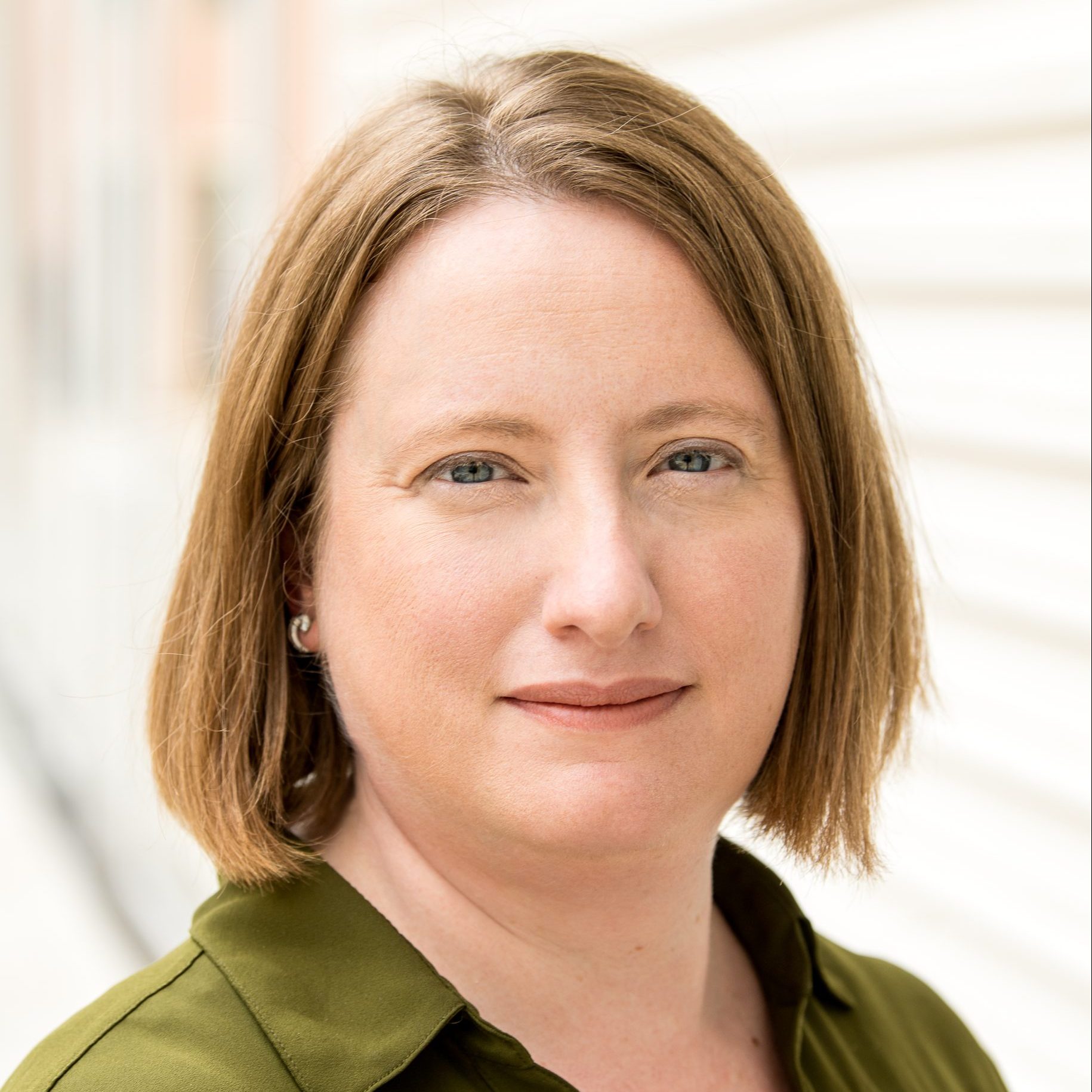
Noelle Eckley Selin is professor in the Institute for Data, Systems and Society and the Department of Earth, Atmospheric and Planetary Sciences at the Massachusetts Institute of Technology. She is also the Director of MIT’s Technology and Policy Program. Her research uses atmospheric chemistry modeling to inform decision-making on sustainability challenges, including air pollution, climate change, and hazardous substances such as mercury and persistent organic pollutants (POPs). Her work also examines interactions between science and policy in international environmental negotiations and develops systems approaches to address sustainability challenges. She received her PhD from Harvard University in earth and planetary sciences as part of the Atmospheric Chemistry Modeling Group. Her MA (earth and planetary sciences) and BA (environmental science and public policy) are also from Harvard University. Before joining the MIT faculty, she was a research scientist with the MIT Joint Program on the Science and Policy of Global Change. Her articles were selected as the best environmental policy papers in 2015 and 2016 by the journal Environmental Science & Technology. She is the recipient of a U.S. National Science Foundation CAREER award (2011), a Leopold Leadership fellow (2013-2014), Kavli fellow (2015), a member of the Global Young Academy (2014-2018), an American Association for the Advancement of Science Leshner Leadership Institute Fellow (2016-2017), and a Hans Fischer Senior Fellow at the Technical University of Munich Institute for Advanced Study (2018-2021).
Sanem Sergici
Principal, The Brattle Group
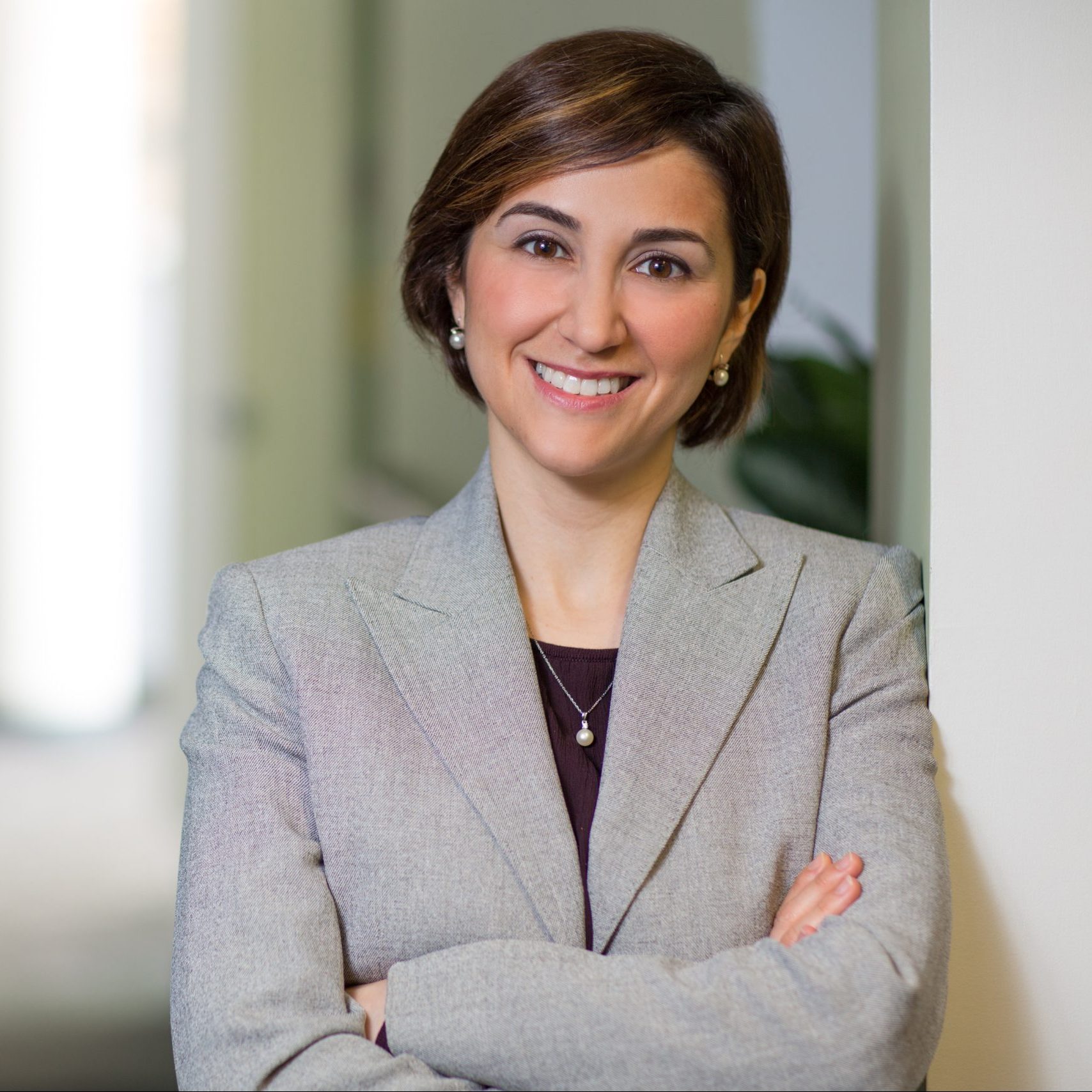
Sanem Sergici is a principal in The Brattle Group’s Boston, MA office specializing in innovative retail rate design and economic analysis of distributed energy resources (DERs). She regularly assists her clients in matters related to retail rate design, electrification, grid modernization investments, emerging utility business models, and alternative ratemaking mechanisms.
Sergici has been at the forefront of the design and impact analysis of innovative retail pricing, enabling technology, and behavior-based energy efficiency pilots and programs across North America. She led numerous studies in these areas that were instrumental in regulatory approvals of grid modernization investments and smart rate offerings for electricity customers. She also has significant expertise in forecasting new technology adoption and analyzing the grid impacts of electrification pathways.
Robert Stoner
Deputy Director for Science and Technology, MIT Energy Initiative

Robert Stoner is the deputy director for science and technology at MITEI and founding director of the MIT Tata Center for Technology and Design. He is currently a member of the MIT Energy Council, the Science and Technology Committee of the U.S. National Renewable Energy Laboratory (NREL), and the Technical Advisory Board of the Center for the Study of Science, Technology, and Energy Policy. He is also a member of the Rockefeller Foundation-funded Global Commission to End Energy Poverty, and serves as its secretary.
Stoner is the inventor of numerous computational and ultrafast optical measurement techniques, and has built and managed successful technology firms in the semiconductor, IT, and optics industries. From 2007 through 2009, he lived and worked in Africa and India while serving in a variety of senior roles within the Clinton Foundation, including as the CEO of the Clinton Development Initiative, and director of the Clinton Climate Initiative for Africa. His present research at MIT focuses on energy storage technology and policy, and the design and optimization of energy systems and business models in the developing world. He earned his Bachelor’s degree in engineering physics from Queen’s University and PhD from Brown University in condensed matter physics.
Susan Solomon
Martin Professor of Environmental Studies, MIT Department of Earth, Atmospheric, & Planetary Sciences
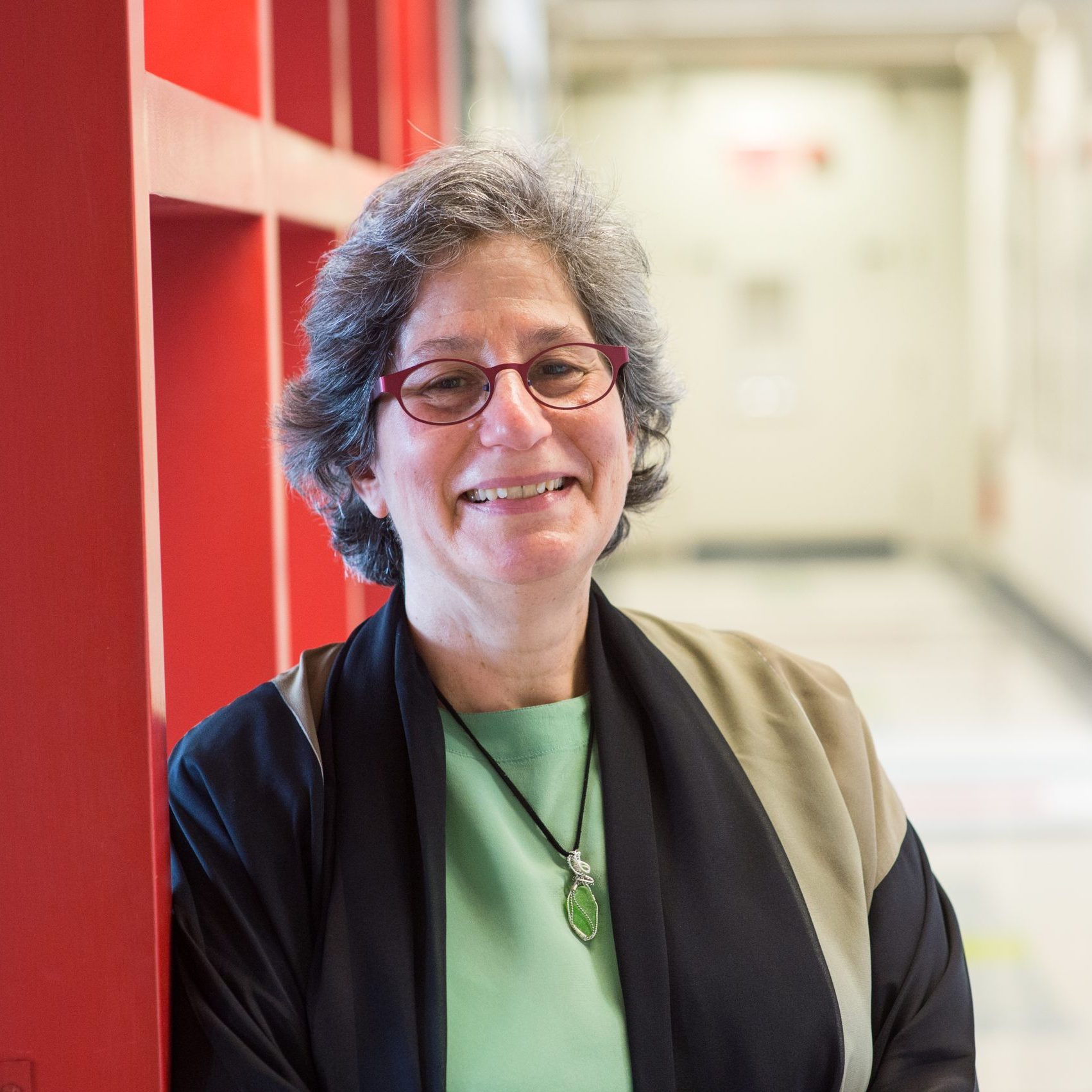
Susan Solomon is the Martin Professor of Environmental Studies at the Massachusetts Institute of Technology. She is well known for pioneering research on the Antarctic ozone hole as well as on the irreversibility of climate change. She received the 1999 US National Medal of Science (highest scientific award in the US), the Grande Medaille of the French Academy of Sciences, the Crafoord Prize of the Swedish Academy of Sciences, the Blue Planet Prize, and the Volvo prize. She is a member of the National Academy of Sciences, the French Academy of Sciences, the Pontifical Academy of Sciences, and the Royal Society in the UK. Time magazine named Solomon as one of the 100 most influential people in the world in 2008. A glacier in the Antarctic has been named after her.
Andy Sun
Iberdrola-Avangrid Professor in Electric Power Systems, MIT Sloan School of Management
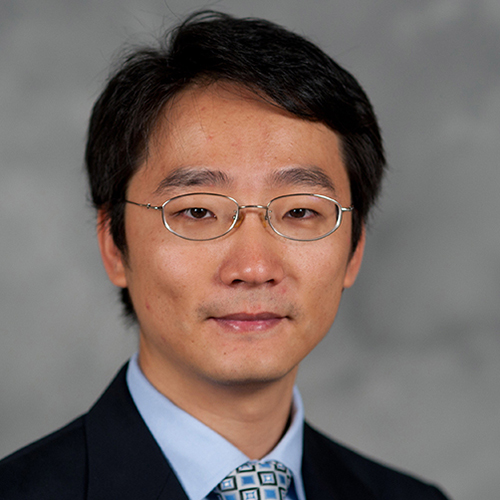
Andy Sun is the Iberdrola-Avangrid Professor of Electric Power Systems and associate professor in Operations Research and Statistics in the Sloan School of Management. Sun is interested in building new bridges between the theory of optimization under uncertainty, distributed optimization, convexification of nonconvex structures, and control of dynamical systems, and in developing fundamental understanding and new analytical tools for renewable energy integration, power grid optimization, and stability and resiliency of interconnected energy systems and transportation systems. Sun’s research has won several awards, including the ARPA-E Grid Optimization Competition prizes in 2020 and 2021, INFORMS ENRE Best Publication in Energy Award First Place in 2017 and 2019, Second Place in 2015, IEEE Transactions on Power Systems Best Paper Published in 2017-2019, NSF CAREER award, INFORMS Junior Faculty Interest Group Paper Competition, Third Place, 2014, George Dantzig Dissertation Award Second Place. Before joining MIT, Sun was the McKenney Family Associate Professor in the H. Milton Stewart School of Industrial and Systems Engineering in Georgia Tech. He obtained his PhD degree in operations research from MIT.
Jessika Trancik
Professor, MIT Institute for Data, Systems, and Society
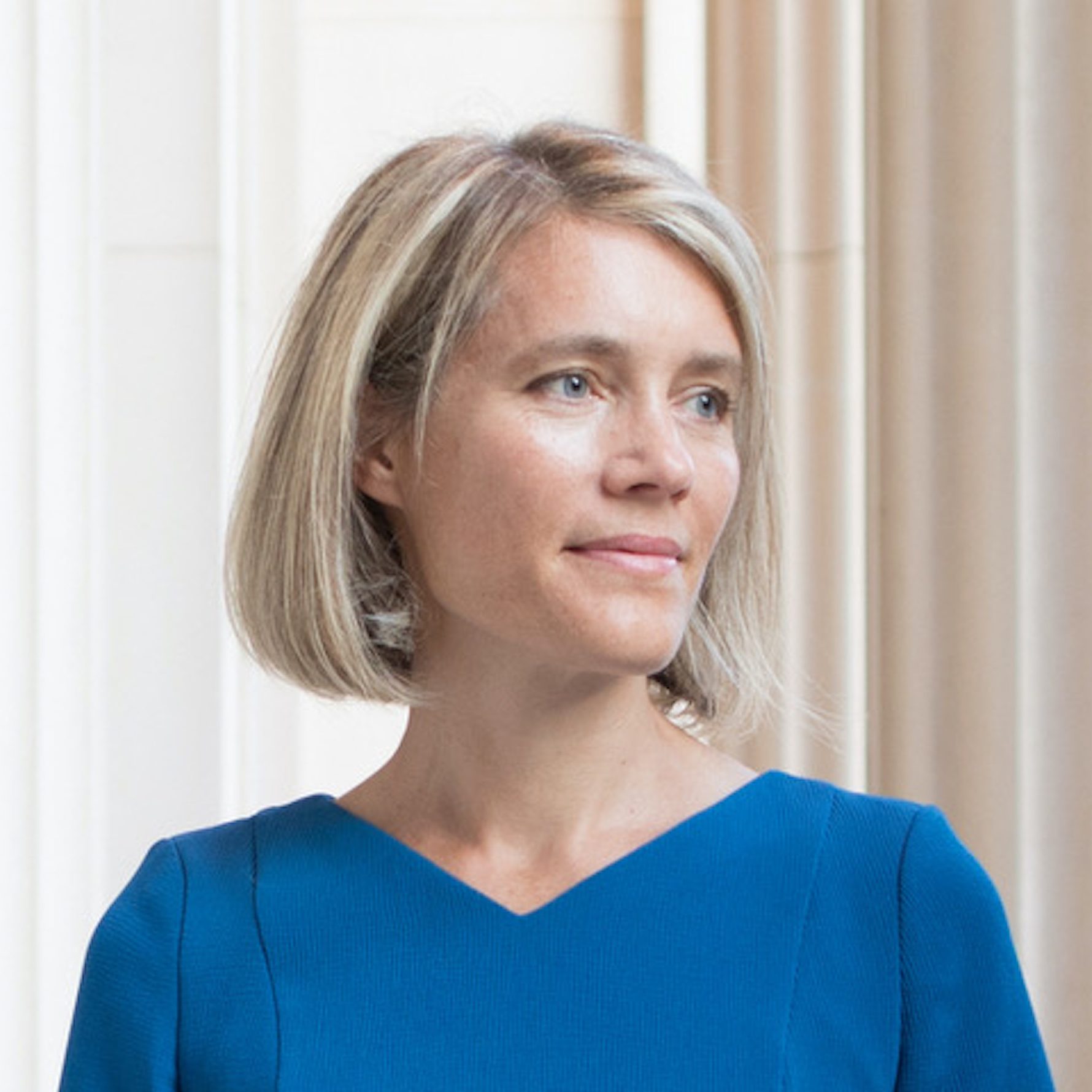
Jessika Trancik is a professor in the Institute for Data, Systems, and Society at the Massachusetts Institute of Technology. Her research examines the dynamic costs, performance, and environmental impacts of energy systems to inform climate policy and accelerate beneficial and equitable technology innovation. Her projects focus on all energy services including electricity, transportation, heating, and industrial processes. This work spans solar energy, wind energy, energy storage, low-carbon fuels, electric vehicles, and nuclear fission among other technologies. Trancik received her BS from Cornell University and her PhD from the University of Oxford as a Rhodes Scholar. She is currently an external professor at the Santa Fe Institute, and was formerly at Columbia University’s Earth Institute, and at WSP International/UNOPS (now Interpeace) in Geneva.
Her work has been published in journals such as Nature Climate Change, Nature, Energy Policy, Proceedings of the National Academy of Sciences, and Environmental Science and Technology, and has been featured by news outlets such as the New York Times, Financial Times, Washington Post, and NPR.
Greg Wilson
Vice President for Science and Advanced Technologies, JERA Americas

Greg Wilson is the vice president for Science and Advanced Technologies at JERA Americas. Wilson is an expert in decarbonized fuels; power generation with zero-carbon fuels such as hydrogen, ammonia, and biofuels; hydrogen synthesis from both renewable electricity and natural gas with CCS; hydrogen transport and storage; renewable energy including photovoltaic devices and reliability plus deep expertise involving the crystalline silicon photovoltaics supply chain. Wilson was at the National Renewable Energy Laboratory (NREL) from 2011 to 2018 where he was the director of the National Center for Photovoltaics. In 2018 he started his own consulting practice focused on the technology and business opportunities associated with the rapid decarbonization of the global energy system. After consulting for JERA Americas, he joined the company in 2021. Wilson was trained as a chemical engineer (BS, MS and DSc) and his industrial experience includes both chemical and semiconductor processing. His research and academic experience involve complex fluid mechanics, chemical vapor deposition and photovoltaics.
Guiyan Zang
Research Scientist, MIT Energy Initiative

Guiyan Zang is a research scientist at the MIT Energy Initiative, where her research includes techno-economic analysis (TEA) and life cycle analysis (LCA) on ammonia production and application, clean hydrogen and ethylene production, bio-methanol production, and carbon capture for hard-to-abate industries. Before MIT, she spent three years working for Argonne National Laboratory (ANL) as a postdoctoral scholar and then as an energy system analyst. At ANL, her research was energy conversion system design, TEA, and LCA, in particular, decarbonization for industrial processes, synthetic fuel/chemicals production, and waste material conversions. She developed the e-fuel pathways in GREET software and earned two Impact Argonne Awards. She holds a PhD in mechanical engineering from the University of Iowa.